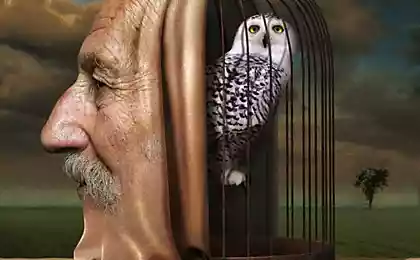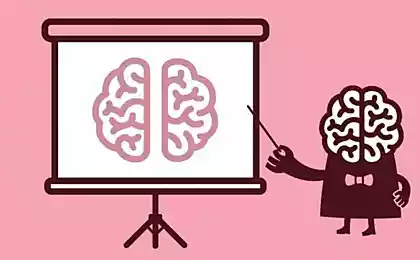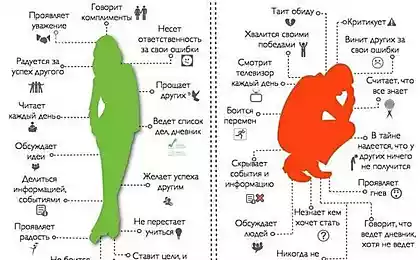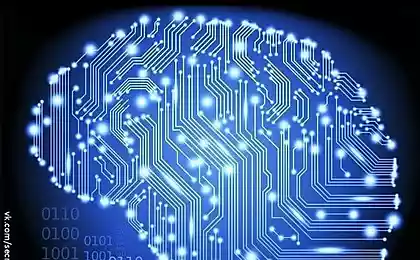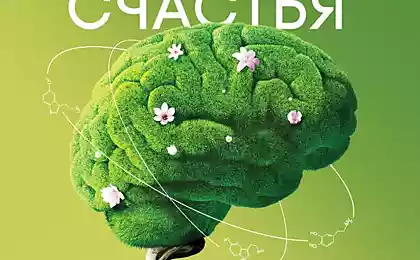685
Your brain is not so unique in comparison with animals
Looking soznaniya8 October 2014. Tommy chimps had to appear in court, but could not come to the hearing due to the fact that he was sitting in his cell in the city of Gloversville, New York. Meanwhile, an hour's drive from the city, the state capital of Albany, in the courtroom, Stephen Wise, a member of the "Project for the protection of animal rights," defended the rights of chimpanzees, claiming that Tommy - a person is protected by state law. If it can prove hosts chimpanzees, Patrick and Diane Lavery Lavery, called to court and demand to explain the basis on which they are kept in custody free of chimpanzees.

Wise The main argument in the case of Tommy was the fact that monkeys - intelligent creatures with a complex emotional background. "Compelling evidence suggests that chimpanzees are independent and self-conscious, and this is the highest value in the common law" - said Wise five judges who hear his case.
It's a very brave thing to do, but as long as he remains unsuccessful. The Court in Albany as the previous court refused to admit the petition Tommy personality. But Wise did not intend to give up, intending to refer the matter to the Court of Appeal of New York.
«Many Studies have shown that raven's level of intelligence similar to chimpanzees » h4> In March 2014 Rip Van Winkle and Shooting Club in Palenville, a small village with a population of 1,000 people, conducted the fourth annual festival of shooting creatures, which, according to objective mental indications should be considered as individuals, as in the case of Tommy.
Over the past few decades, apes, and then the other elephants, crows, dolphins - have passed tests for cognitive skills h4> And now attention a question: the vast majority of animals tested test because they do not have an understanding of the person or just this test is not intended for species that do not use their appearance to communicate? How can I pass this test sniffer dogs living in the world of smells, or bats scanning the world around them by means of ultrasonic vibrations? The bat can catch a wave and think something like: "Yes, it's me, what's this? There's something going on ... "But how do we know?
Jay change their behavior , when they learn that their caches of food were stolen. If Jay noticed that watching her until she had something hid later the bird will move the cache to a different location h4> Jay, like humans, are able to get enough food of the same genus, but like us, they have a desire to dietary diversity. Researchers have noticed that a well-fed jay hides particularly tasty food for the future because he knows what she wants to eat more than once. So now we know that jays are able to make simple predictions about the future based on past experience.
Intellectual abilities dog embedded in them from birth, as well as a wolf. But unlike wild animals, dogs develop them for life, communicating with the person h4> The Indiana (USA), in the "Wolf Park", the researchers are skeptical of this idea. They say: the cognitive abilities of wild wolves, never of selected person hit them nothing less than the ability of dogs.

Wise The main argument in the case of Tommy was the fact that monkeys - intelligent creatures with a complex emotional background. "Compelling evidence suggests that chimpanzees are independent and self-conscious, and this is the highest value in the common law" - said Wise five judges who hear his case.
It's a very brave thing to do, but as long as he remains unsuccessful. The Court in Albany as the previous court refused to admit the petition Tommy personality. But Wise did not intend to give up, intending to refer the matter to the Court of Appeal of New York.
«Many Studies have shown that raven's level of intelligence similar to chimpanzees » h4> In March 2014 Rip Van Winkle and Shooting Club in Palenville, a small village with a population of 1,000 people, conducted the fourth annual festival of shooting creatures, which, according to objective mental indications should be considered as individuals, as in the case of Tommy.
These creatures were crows. Recently, members of this family have found cognitive skills, up to this point was considered a privilege of people and apes. Ravens are able to develop a plan and use tools. They remember some things from the past and make plans for the future. I think they even share knowledge. "Many studies conducted have shown that raven's level of intelligence similar to chimpanzees," - says Nicky Clayton from Cambridge University in the laboratory of which there have been many exciting discoveries.
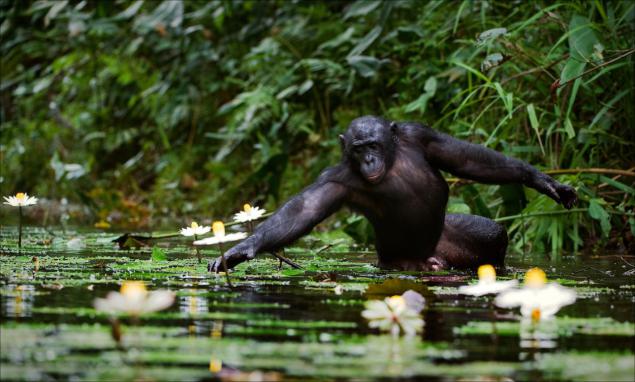
People are quite detailed study of primates and found that the big monkeys, other animals more similar to humans - chimpanzees and gorillas - are closest to the human "intelligence." It is human intelligence in the age of 3-7 years. However, to get an idea about the intelligence of animals, we must remove the man from the center of the universe - that is, as much as possible to step back and stop comparing all the animals with our own views.
The best-known way to determine the rudiments of intelligence is the "mirror test" identity, developed in 1970 by Gordon Gallup. After the chimps showed a mirror and gave him the opportunity to play with him, the primacy of marks caused odorless paint, and then studied his reaction to his own reflection. Chimpanzee looking at himself in the mirror and touched on itself marked the place from which the Gallup concluded that the ape understands that looks at itself. Infant person acquires the ability to recognize themselves 18 months.
Over the past few decades, apes, and then the other elephants, crows, dolphins - have passed tests for cognitive skills h4> And now attention a question: the vast majority of animals tested test because they do not have an understanding of the person or just this test is not intended for species that do not use their appearance to communicate? How can I pass this test sniffer dogs living in the world of smells, or bats scanning the world around them by means of ultrasonic vibrations? The bat can catch a wave and think something like: "Yes, it's me, what's this? There's something going on ... "But how do we know?
Once upon a time there was a long list of cognitive symptoms characteristic only for the person he included it, morality, solving problems using tools, awareness of the past and future, as well as the ability to explain their desires and share knowledge with other members of their species. Over the past few decades, apes, and then the other elephants, crows, dolphins - have been tested for the presence of cognitive skills. Can we now claim that they have intelligence?
Solution zadachV folklore ravens are often associated with wisdom and cunning, and the relatively recent science also came to similar conclusions. Understanding that members of the family Raven on the mind can compete with primates, it is in the mid-1990s, when Gavin Hunt of Massey University (New Zealand), published his observations of crows that live in the forests of New Caledonia.
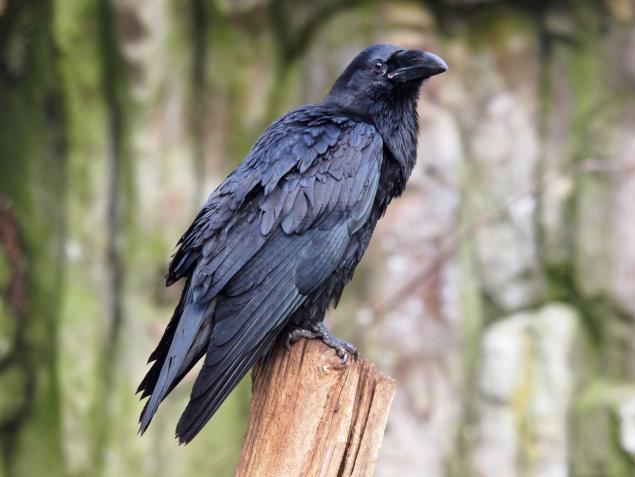
Hunt described how the crows are trying to extract insects from cracks in the bark of trees by means of thin twigs. In one famous experiment conducted at the University of Oxford, a crow named Betty quickly learned how to bend the wire to make a hook and lift the bucket with feed from the pipe. But the crows of New Caledonia is not just skilled craftsmen making tools. They seem to have an idea of causation: the crows with one tool used to reach another final goal. And, unlike chimpanzees, crows use the solution found for the other issues which have a certain similarity with the already settled, that is, show the accumulation of experience. For example, chimpanzees and other apes previous experience with pipe trap learned nothing, and the next time a trap worked again, as the crow quickly deal with this bucket using a technique developed in the last time.
Prediction buduschegoSoyki also belong to the raven and love hide and seek. They hide everything: food, stones, any small items, vending them for some reason. In the laboratory, Clayton studied the behavior of jays.
Jay change their behavior , when they learn that their caches of food were stolen. If Jay noticed that watching her until she had something hid later the bird will move the cache to a different location h4> Jay, like humans, are able to get enough food of the same genus, but like us, they have a desire to dietary diversity. Researchers have noticed that a well-fed jay hides particularly tasty food for the future because he knows what she wants to eat more than once. So now we know that jays are able to make simple predictions about the future based on past experience.
It was also found that jays take into account the desires of their partners. After the individual male convinced that moths and mealworms to dump the females, the males began to bring other food.
Jay change their behavior when they find out that their caches of food were stolen. If Jay noticed that watching her while she was hiding something, and later the bird will move the cache to a different location. It is important that the jays do so and if this ruined themselves to someone else's cache, because they know about the danger from my own experience. "Birds of a feather flock together».
So, after collecting all the observation time: experience, memory, the ability to forecast the ability to associations, understanding of the many important things - tells us that Jay is not stupider than we - those who we have been in early childhood.
Consciousness sobakOdnako still possible that we deceive ourselves, trying to assign an animal that is called "intelligence." For example, not so long ago, dogs were placed in an MRI machine to see whether they like in reality their masters, and thus prove the statement scientist Gregory Burns, of Emory University in Atlanta that "Dogs are people too».

Why the dog? Because these animals live with us on the same site and in close cooperation tens of thousands of years. Cats, too - but these animals are known to be stubborn, ill-suited for research as did not want to cooperate. Dogs also able to literally "read the eyes' emotion host and" decisions "being guided by his understanding of how it will concern to it. In 2002, it was suggested that their skills are not acquired the dog evolution and artificial way - thanks to long-term selection.
Intellectual abilities dog embedded in them from birth, as well as a wolf. But unlike wild animals, dogs develop them for life, communicating with the person h4> The Indiana (USA), in the "Wolf Park", the researchers are skeptical of this idea. They say: the cognitive abilities of wild wolves, never of selected person hit them nothing less than the ability of dogs.
One of the experiments conducted in the Wolf Park, showed that the ability to track the direction, the human hand, wolves are far superior dogs from shelters that do not have constant contact with people. Wolves, in contrast, are able to make decisions based on their own experience and knowledge obtained before.
The findings of researchers - the intellectual abilities of dogs laid into them from birth, as well as a wolf. But unlike wild animals, dogs develop them for life, talking with a man.
In some cases, their territory, we can not change the environment monitoring, for example, studying mollusks, therefore, the human impact on animals is minimal. Here we are talking about the invertebrates that have brains, radically different from ours: they have a completely different nervous system, and are located on the tentacles "mini-brains", the same as in the head. It was found that cuttlefish remember moments from the past, and octopus drag coconut husks for the construction of shelter in case of attack.
Some scientists who study the mind of vertebrates, begin to reject the anthropocentric prejudice. Josh Carpenter at Cambridge University studying elephants in Thailand. Please Carpenter also held mirror test on consciousness. But later I realized that it was stupid, and now is trying to better understand the world of the senses of elephants, dominated by low-frequency sounds and smells, in order to explore their cognitive abilities in full. In his opinion, should take into account not only the performance or nonperformance of psychological problems, but also the number of errors, as well as the circumstances under which they were made.
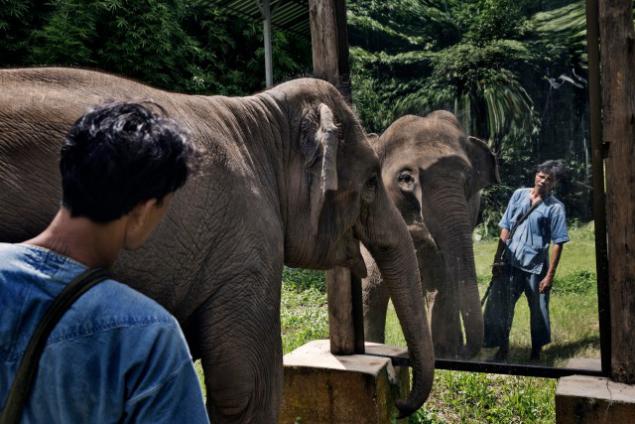
We are looking for "extraterrestrial intelligence" in space, but should first carefully look for it on their own planet. It's hard to say exactly what we are looking for and what it will give to humanity: maybe, problem solving best practices - those enjoyed our smaller brethren; and maybe we will be able to apply this knowledge to the creation of artificial intelligence? It is not known, but certainly - animals infinitely interesting, and we humans do not have a monopoly on any of their species.
via io9.com/why-the-human-brain-isnt-as-special-as-we-think-it-is-1684913336
What is it - live with a robot servant, and whether we want this kind of life?
See how your food explodes









